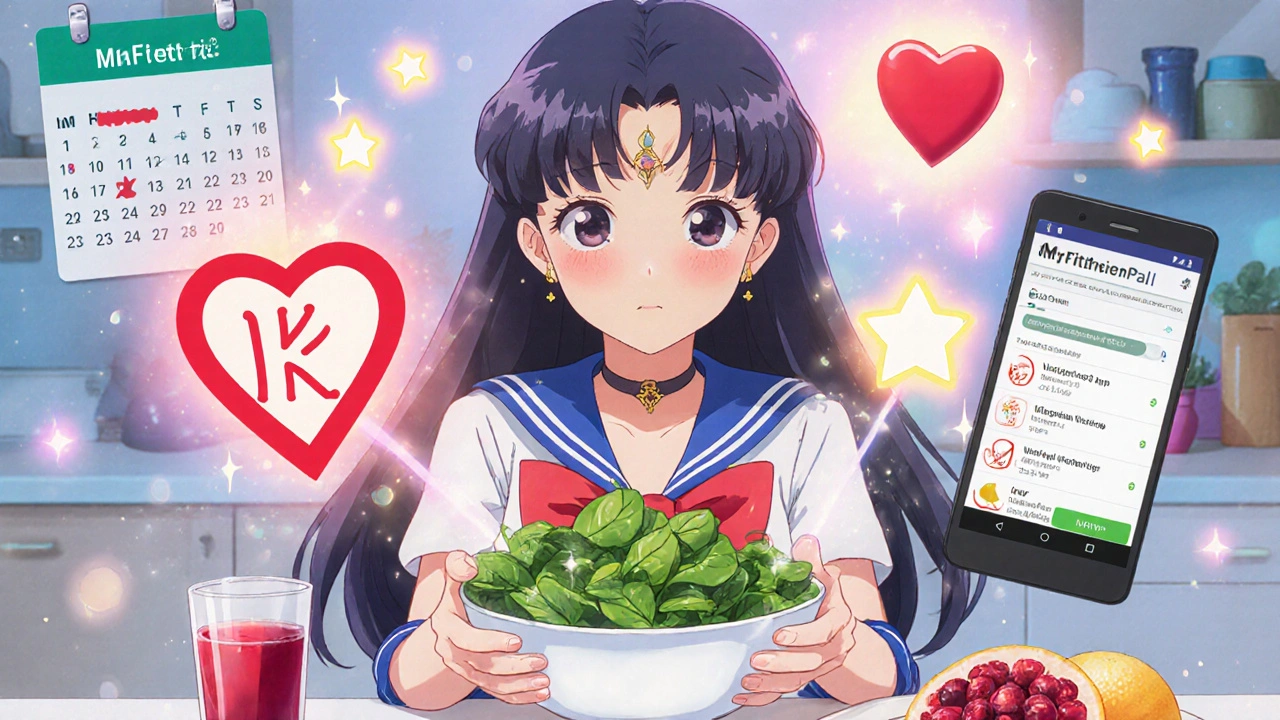Food Interactions: How What You Eat Affects Your Medications
When you take a pill, it doesn’t just work in a vacuum. What you eat can change how your body absorbs, breaks down, or reacts to it. This is called a food interaction, a reaction between a medication and something in food or drink that alters the drug’s effect. Also known as drug-food interaction, it’s not rare—it’s common, and often overlooked. A grapefruit can make your statin too strong. A leafy green salad can weaken your blood thinner. Even a cup of coffee might mess with your ADHD meds. These aren’t side effects you can blame on the drug alone—they’re the result of what’s on your plate.
Take statins, cholesterol-lowering drugs like atorvastatin or simvastatin used to protect heart health. Also known as HMG-CoA reductase inhibitors, they are one of the most common culprits. Grapefruit juice blocks the enzyme that breaks down these drugs, so your body ends up with too much of it. That raises the risk of muscle damage. On the flip side, warfarin, a blood thinner prescribed to prevent clots. Also known as Coumadin, it works by fighting vitamin K, which helps your blood clot. Eat more spinach, kale, or broccoli, and your warfarin stops working as well. Eat less, and you risk bleeding. It’s not about avoiding greens—it’s about keeping your intake steady.
Antibiotics like minocycline, a tetracycline-class drug used for acne and infections. Also known as Minocin, it don’t work right if you take them with dairy. Calcium in milk binds to the drug and stops your gut from absorbing it. Same goes for iron supplements and antacids—they can shut down the effect of many antibiotics. Even something as simple as a banana can matter. If you’re on certain blood pressure meds like ACE inhibitors, too much potassium from bananas, oranges, or salt substitutes can spike your levels and hurt your kidneys.
These aren’t just warnings on a label. They’re real, measurable changes in how your body handles medicine. A study in the Journal of Clinical Pharmacology found that nearly 20% of hospital visits linked to drug side effects were caused by food interactions—many of them preventable. You don’t need to become a nutritionist. You just need to know the big ones: grapefruit, dairy, leafy greens, alcohol, and high-potassium foods. Check your meds. Ask your pharmacist. Keep a simple log if you’re on multiple drugs.
Below, you’ll find real guides that break down exactly how your meds react with food. From statins and grapefruit to warfarin and vitamin K, these articles give you the facts without the fluff. No guesswork. No jargon. Just what you need to know to stay safe and get the full benefit from your treatment.
Warfarin Food Interactions: Complete Food List and Guidelines
by Prudence Bateson Oct 29 2025 11 MedicationsWarfarin requires careful food management to prevent dangerous INR swings. Learn which foods boost or weaken its effect, what to avoid, and how to eat consistently for safer blood thinner therapy.
READ MORE
